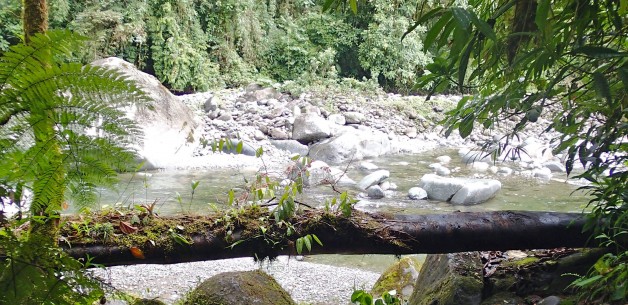This post is also available in: Spanish
The Bank Information Center, in collaboration with the Mesoamerican Alliance of Peoples and Forests and the Tropical Agricultural Research and Higher Education Center (CATIE), recently published a case study on indigenous peoples’ participation in REDD+ preparation in Costa Rica. The study, “Facilitating Indigenous Involvement in REDD+: Early Engagement and Consultation in Costa Rica,” presents both original research and a synthesis of the challenges and lessons learned from Costa Rica’s experiences with REDD+ preparation thus far.
 Costa Rica is one of the countries that has advanced farthest in the REDD+ preparation process, and consequently has the potential to set precedents and serve as an important example for other countries. Costa Rica’s experience with participation and early dialogue for REDD+ has provided an opportunity to strengthen the processes of collaboration between the National Forestry Financing Fund (FONAFIFO), indigenous peoples, and local communities in the country. The indigenous peoples of Costa Rica have successfully created a national indigenous consultation plan, which includes an innovative cultural mediators program, establishing an organizational and operational framework to implement a national consultation of the future National REDD+ Strategy.
Costa Rica is one of the countries that has advanced farthest in the REDD+ preparation process, and consequently has the potential to set precedents and serve as an important example for other countries. Costa Rica’s experience with participation and early dialogue for REDD+ has provided an opportunity to strengthen the processes of collaboration between the National Forestry Financing Fund (FONAFIFO), indigenous peoples, and local communities in the country. The indigenous peoples of Costa Rica have successfully created a national indigenous consultation plan, which includes an innovative cultural mediators program, establishing an organizational and operational framework to implement a national consultation of the future National REDD+ Strategy.
The study highlights lessons learned from Costa Rica’s experience that can be adapted to the context of REDD+ preparation in other countries. These lessons include: facilitating long-term collaboration by allowing stakeholders to define their own participation; supporting successful consultation through detailed consultation methodology; the importance of proactive involvement in REDD+ preparation; and potential for a targeted Payment for Environmental Services (PES) program for indigenous peoples.
The full study is available for download here in both English and Spanish.

